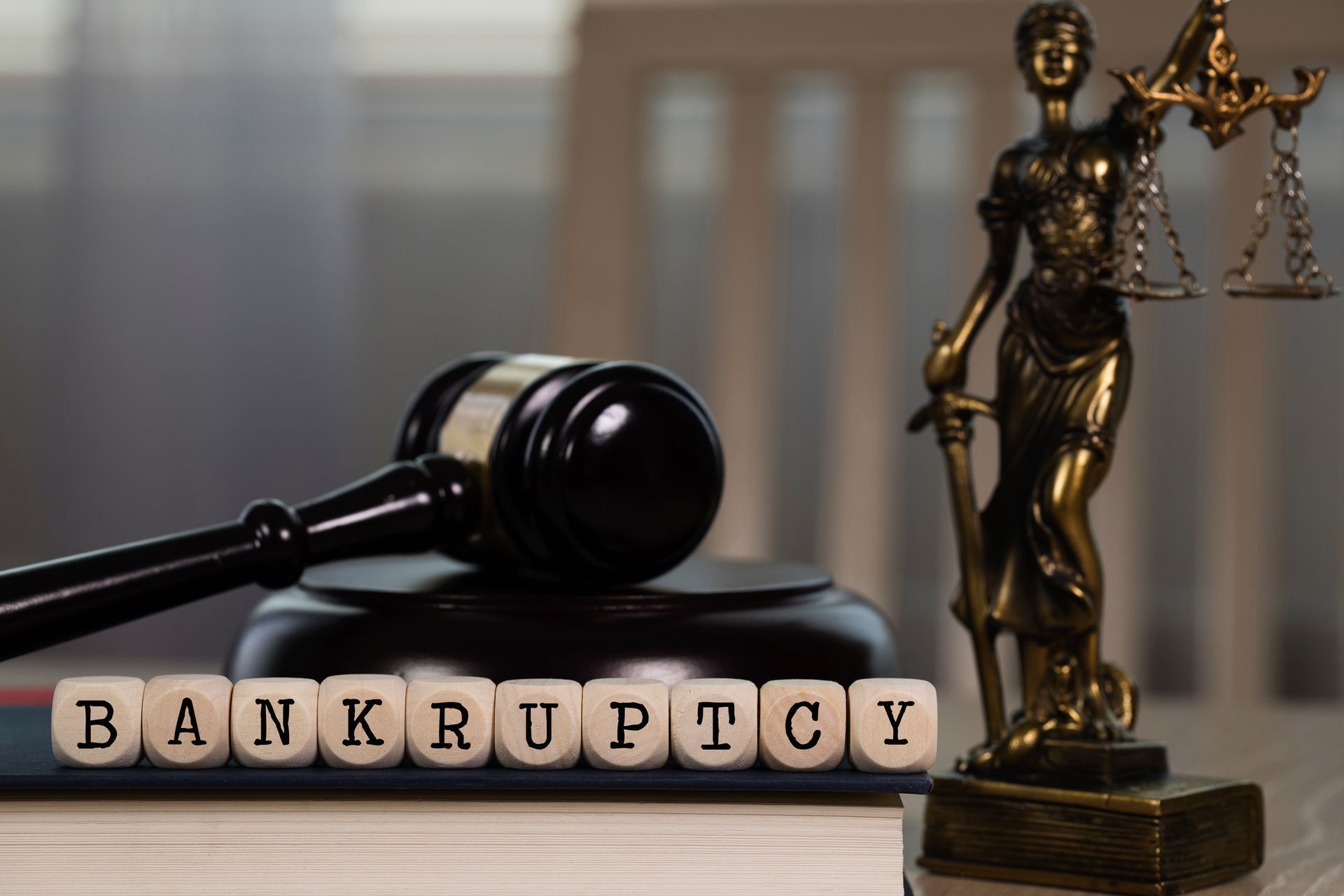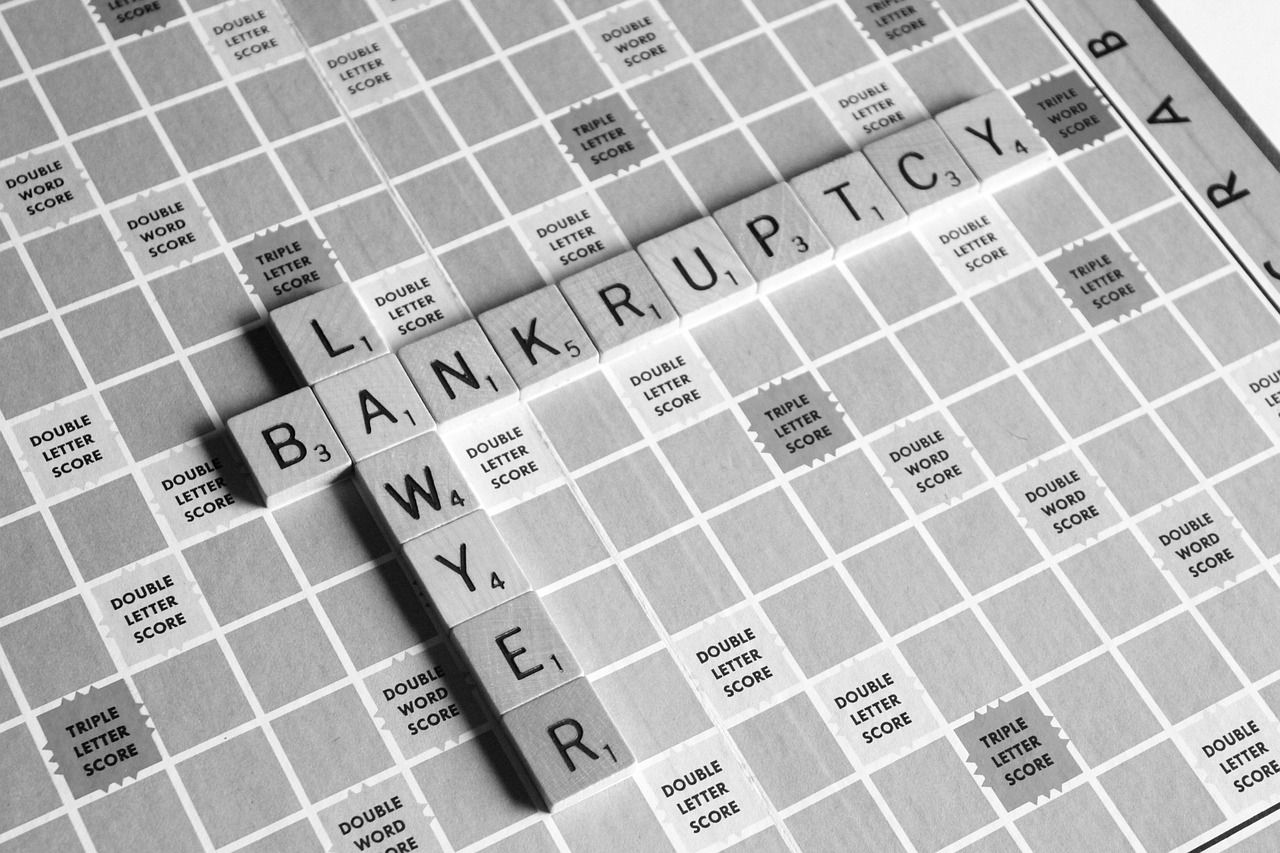Our Legal Blog
Your Resource For Legal Information

What are the key differences between Chapter 7 and Chapter 13 bankruptcy? When explaining Chapter 7 and Chapter 13 bankruptcy options to clients, the key differences lie in how debts are handled. In Chapter 7, unsecured debts are discharged relatively quickly, typically within three to four months, and most clients retain their money and property. On the other hand, Chapter 13 involves a payment plan spanning three to five years, where some debt is repaid. However, the ultimate outcome in both chapters is the discharge of general unsecured debts, with most clients retaining their assets.What are the key differences between Chapter 7 and Chapter 13 bankruptcy? How do protections for homes and cars differ between Chapter 7 and Chapter 13? In Chapter 7, clients can keep their homes and cars as long as full exemptions can be claimed on them, and payments are up to date. However, failing to meet these conditions may result in the trustee selling the property to pay creditors. In contrast, Chapter 13 allows clients to retain their property even if full exemptions cannot be claimed or if payments are overdue. Clients can address non-exempt portions in the Chapter 13 plan or catch up on missed payments to safeguard their assets. What makes Chapter 13 unique for New Mexico residents compared to other states? While bankruptcy laws are federal, each state may have unique nuances. In New Mexico, a state-specific Chapter 13 plan exists, allowing residents to address mortgage arrears by catching up within the plan duration while making regular monthly payments. This ensures compliance with Chapter 13 requirements and protects clients from potential foreclosure. Consulting an experienced bankruptcy attorney is crucial to navigate these intricacies effectively. When should someone consider Chapter 7 over Chapter 13, and vice versa? The decision between Chapter 7 and Chapter 13 depends on individual financial circumstances. Chapter 7 may be suitable for those with overwhelming general unsecured debts, no priority debts, and current payments on secured debts. On the other hand, Chapter 13 may be recommended for clients behind on secured debts, facing non-dischargeable tax debts, or seeking to restructure debts through a payment plan. Consulting with a bankruptcy attorney is essential to determine the most appropriate option. How long does the bankruptcy process typically take in Chapter 7 and Chapter 13? In Chapter 7, the process usually spans three to four months from filing to discharge. This includes a trustee meeting around 30 days after filing, with minimal creditor objections expected. On the other hand, Chapter 13 involves a longer timeline of three to five years, with periodic plan payments and additional hearings throughout the process. Clients are advised to seek legal counsel promptly in case of unexpected financial changes during the plan duration. What are common misconceptions about Chapter 7 and Chapter 13 that clients should be aware of? Misconceptions about bankruptcy often revolve around property loss, income qualifications, and repayment expectations. Contrary to popular belief, most clients retain their assets in bankruptcy, even if above the median income level. Additionally, the notion that all debts must be repaid in Chapter 13 is inaccurate, as general unsecured debts are typically discharged. Seeking guidance from an experienced bankruptcy attorney helps dispel these misconceptions and ensures informed decision-making. How do bankruptcy attorneys help clients determine the most suitable chapter for their financial situation? Bankruptcy attorneys focus on assessing clients' income, property, and debt obligations to tailor a bankruptcy solution that aligns with their individual needs. By conducting income qualification tests and evaluating asset protection strategies, attorneys guide clients towards the most beneficial chapter, whether Chapter 7 or Chapter 13. The goal is to provide clients with a comprehensive understanding of their options, instilling confidence in their decision-making process.

When facing financial difficulty, signs that bankruptcy might be necessary include choosing which bills to pay, taking on new debt to pay off old debt, experiencing extreme stress and sleep disturbances due to financial worries, and ignoring bills or creditor calls in hopes they will disappear. These signs suggest that tightening your budget may not be enough to resolve your financial issues and that bankruptcy could be a viable option.

Dealing with overwhelming debt can be incredibly stressful and daunting. If you're a New Mexico resident considering bankruptcy, you may find that Chapter 7 bankruptcy offers a viable solution to regain control of your finances. At The Law Office of Jason Cline, we are dedicated to helping you navigate this complex process and achieve a fresh start.

Making the decision to file for bankruptcy is never an easy one, but sometimes it is necessary in order to get a fresh start financially. Chapter 7 bankruptcy can provide relief for individuals struggling with overwhelming debt, but how do you know when it's time to take that step? In this blog post, we will discuss some signs that indicate you may need to file for Chapter 7 bankruptcy in New Mexico. One of the most common reasons people file for Chapter 7 bankruptcy is because they are unable to pay their bills on time. If you find yourself constantly falling behind on payments, receiving collection calls, or facing potential lawsuits from creditors, it may be time to consider bankruptcy as an option. Chapter 7 can help eliminate unsecured debts such as credit card balances and medical bills, giving you a chance to start fresh without the burden of overwhelming debt. Another sign that you may need to file for Chapter 7 bankruptcy is if you are considering using retirement funds or other assets to pay off your debts. While it can be tempting to dip into savings or sell valuable assets in order to satisfy creditors, doing so can have long-term consequences on your financial stability. By filing for Chapter 7 bankruptcy, you may be able to protect certain assets while still getting rid of your debts. If you are facing foreclosure on your home or repossession of your vehicle due to missed payments, filing for Chapter 7 bankruptcy may be able to help. When you file for bankruptcy, an automatic stay goes into effect which stops all collection actions against you, including foreclosure and repossession. This can give you the breathing room you need to figure out a plan moving forward and potentially save your home or car from being taken away. Additionally, if you are struggling with mounting medical bills due to an unexpected illness or injury, filing for Chapter 7 bankruptcy may be a way out of financial hardship. Medical debt is considered unsecured debt and can typically be discharged through bankruptcy. By eliminating these debts through Chapter 7, you can focus on recovering your health without the added stress of dealing with insurmountable medical bills. Finally, if your income has decreased significantly due to job loss or other circumstances and you are unable to meet your financial obligations, filing for Chapter 7 bankruptcy may provide the relief you need. The means test used in determining eligibility for Chapter 7 takes into account your income level compared to the median income in New Mexico. If your income falls below a certain threshold, you may qualify for Chapter 7 and be able to eliminate your debts through the process. Deciding whether or not to file for Chapter 7 bankruptcy is a big decision that should not be taken lightly. If any of the signs mentioned in this blog post resonate with your current financial situation, it may be time to consult with a qualified bankruptcy attorney in New Mexico who can assess your individual circumstances and help guide you through the process. Remember that seeking professional advice early on can help ensure that you make informed decisions about your financial future and take steps towards achieving a fresh start free from overwhelming debt.

Dealing with financial problems can be very overwhelming, especially when you don't know what your options are. If you're a resident of New Mexico and considering filing for bankruptcy, you might be wondering how often you can file for Chapter 13 bankruptcy. In this blog post, we'll explore the frequency limits of filing for Chapter 13 bankruptcy in New Mexico, whether or not you can file more than once, and if it's possible to file for Chapter 13 after having filed for Chapter 7 bankruptcy. Chapter 13 bankruptcy is a legal process that allows individuals who are struggling with debt to reorganize their finances and pay off their debts over time. In New Mexico, there is no limit on how many times you can file for Chapter 13 bankruptcy. However, there are specific guidelines on how often you can receive a discharge of your debts under Chapter 13. If you have previously filed for Chapter 7 bankruptcy and received a discharge, you must wait at least four years from the date of your previous filing before being eligible to file again under Chapter 13. This waiting period is necessary because both types of bankruptcies have different requirements and objectives. Filing for Chapter 13 more than once is allowed in New Mexico as long as certain conditions are met. If your previous case was dismissed without prejudice (meaning that it wasn't closed due to fraud or other misconduct), then you may be able to file again immediately after dismissal. However, if your case was dismissed with prejudice (meaning that it was closed due to fraud or other misconduct), then you may need to wait six months before filing again. It's important to note that filing repeatedly for bankruptcy could negatively impact your credit score and make it difficult to obtain credit in the future. Therefore, it's essential to weigh all of your options carefully before deciding whether or not to file for bankruptcy. If you have filed for Chapter 7 bankruptcy in the past, you may still be eligible to file for Chapter 13 bankruptcy. However, there are specific guidelines that must be followed. In general, you must wait at least four years from the date of your previous filing before filing under Chapter 13. Additionally, if you received a discharge in your previous case, you may need to wait six years before filing again under Chapter 13. Filing for bankruptcy can provide relief from financial stress, but it's essential to understand the rules and regulations surrounding the process. In New Mexico, there is no limit on how many times you can file for Chapter 13 bankruptcy. However, there are specific requirements on how often you can receive a discharge of your debts and guidelines on when you can file again after having filed for Chapter 7 bankruptcy. If you're considering filing for bankruptcy in New Mexico, it's crucial to consult with an experienced attorney who can guide you through the process and help determine the best course of action for your unique situation.





